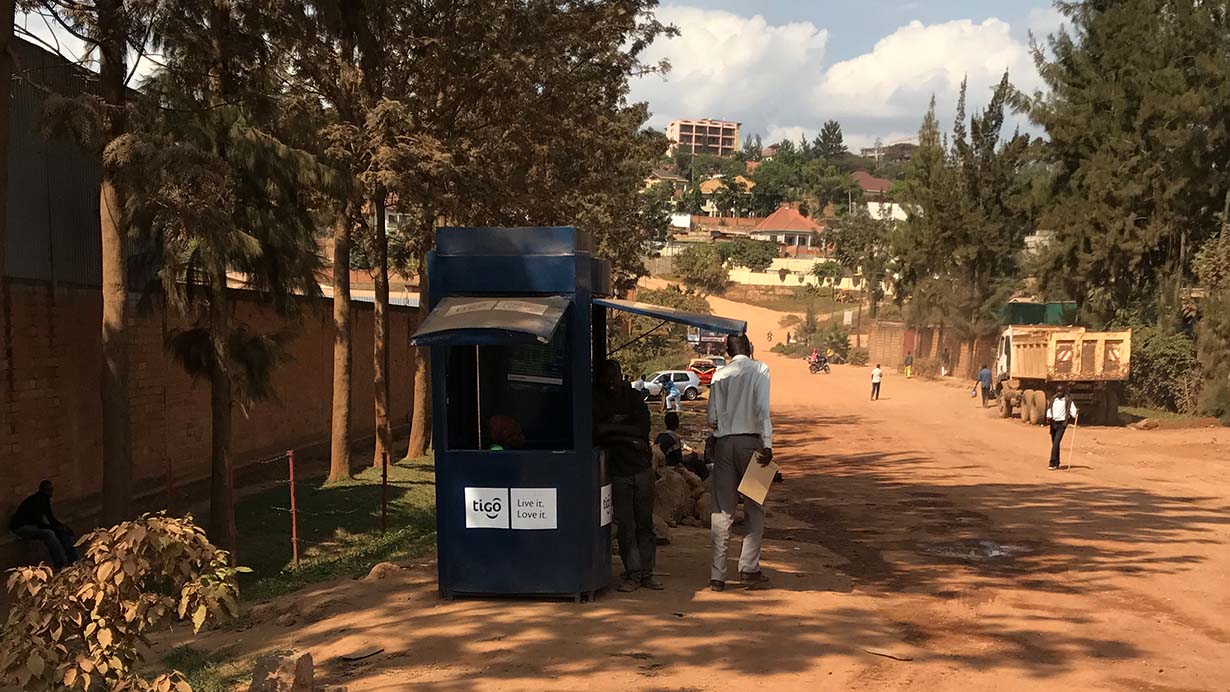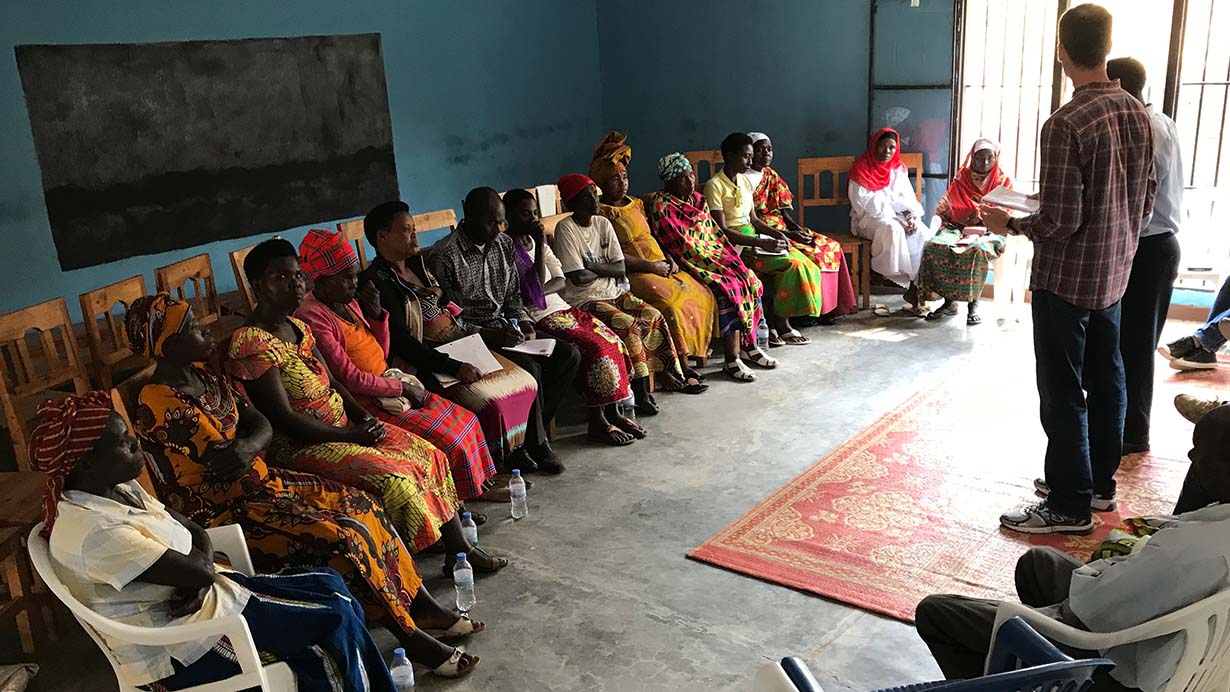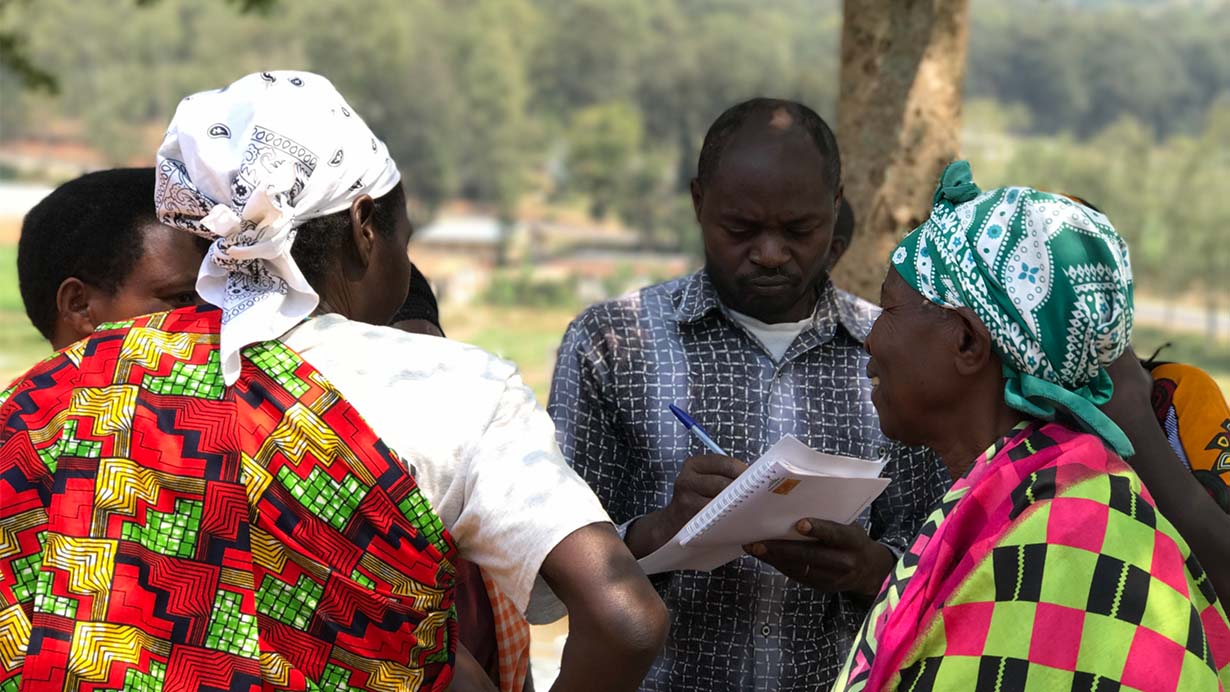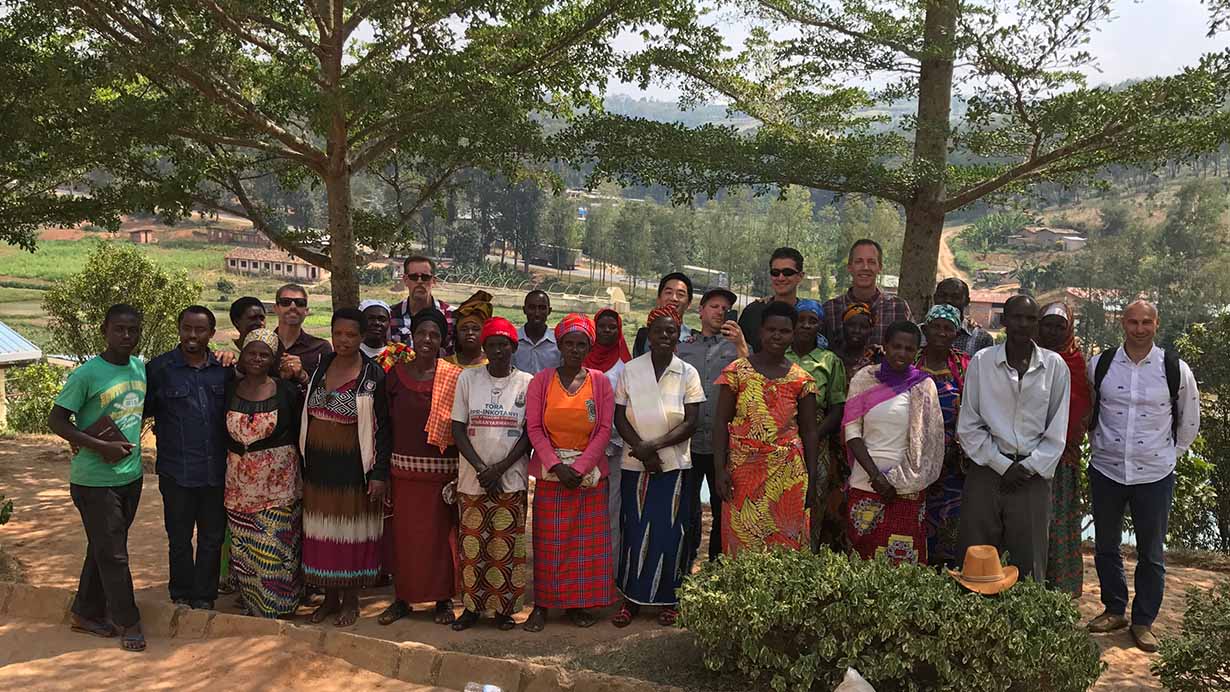Common Ground as Parents
06/08/2018 .The parents trickled into the room. Each person dragged heavy feet, visibly wearing the fatigue from the long trek up and down the uneven, dusty paths of the East African countryside. Introductions, initiated between foreigners and locals, transformed the weariness into a fresh buzz of energy within the room.

Bright smiles and vivid skirts lit up the circle of parents. Fabric with royal-blue backdrops supporting shaded leaf patterns, lime and orange vectored symbols, and forest-green chain links offset by lavender fans — all symbols that depicted the stories and symbols of this rich African culture.
The men entering the room were dressed more conservatively; navy and neutral patterns crossed button-down, short-sleeve shirts. The attire of both groups contrasted with the plaid shirts, solid gray polos, and blue jeans that clearly identified the Americans in the room. By the end of the migration, 25 parents had taken their seats inside the one-room church.
Just a few years before, this building had been home to the region’s orphans. It now sits as a monument of the evolving Rwandan landscape overlooking the hills of the Kamonyi District. Every orphan in the area had been adopted by a local family, leaving an empty building for a church to occupy. The shell of this orphanage became a place of worship for Victory Family Church. In addition to worship services and Bible studies, Victory also runs a vocational school for the community and offers seminars to help parents who are dealing with the challenges of adoptive parenting.

Trent, an American father of four biological children, looked around the room and questioned if he would be able to connect with these African families and their adopted children. This was his first time in Africa, his first PEACE Trip, and his first parenting seminar. Saddleback’s Orphan Care Initiative and The PEACE Plan had been instrumental in helping these local communities set up a system for organizing adoption. Now, Trent and the team were here to serve church leaders and local parents,equipping them to successfully navigate their new family dynamic.
Until this point, Trent’s trip had been great. But as the parenting seminar started, he sat on the outskirts of the group of Americans, hoping that he wouldn’t have to speak up. This wasn’t the first local church this team had visited on this trip. These weren’t the first families that this PEACE Team had met with and encouraged. Listening had proven more effective than talking for Trent so far. But Trent’s team was leading this seminar, so he couldn’tnotget involved.
A few minutes before the seminar was set to begin, the woman with the royal-blue dress stood and began a melodic chant. She raised her hands, motioning for the others in the room to stand. Within moments, everyone was on their feet, echoing the Kinyarwandan rhythms of praise. The call-and-response worship streamed across the room. The women began dancing in circles while the men clapped to the beat. The leader, waving her arms up and down, danced through the impromptu worship service. The atmosphere was infectious.
Something about that moment calmed the air for Trent. He knew God was in this place, he knew God had called him here, and he knew that, in spite of all their differences or his feelings of inadequacy, something in this room united these parents — something that words could not describe.
Trent bobbed back and forth as the song carried throughout the room, clapping his hands to the beat of the Rwandan worship music. A moment later, a bongo drum was set in front of him and two twigs were placed in his hands. Someone must have let the pastor know that he was a drummer at Saddleback. He hadn’t told anyone there that morning. Maybe someone on his team had given away his talent — he wasn’t sure and forgot to ask later.
The placement of the drum was his cue to jump in, his moment to use his talents in this Rwandan church. He couldn’t remain hidden any longer. The drum sticks — pulled out of a local tree — felt foreign in his hands, but the beat of the music was familiar. After holding the rhythm for a few songs, the pastor pointed toward Trent and motioned for him to lead the next song. Stunned, Trent felt the spotlight of 25 pairs of eyes watching and waiting for him to lead them. Hesitantly, he started singing the first song that came into his mind, “Open the Eyes of My Heart.” He only knew the English words. He silently prayed that that would be sufficient. But the group of parents were familiar with the old song and began singing along.
Trent would not soon forget this moment, this connection he was able to make in a foreign land. During the training, Trent exercised some of his acting skills, role playing as a misbehaving child to help the parents grapple with some of the complexities and behavioral challenges that adoptive parents face. He watched as parents furiously took notes and then engaged with great follow-up questions, stories, and conversations about their own experience as parents in this orphan-free community.

“I felt like we all have something to share,” Trent said. “Our faith is founded upon being adopted into God’s family. No matter who we are or where we come from, we all belong together in one, big family of God. Every believer experiences this form of adoption. That’s what’s great about the gospel — everyone can relate to it somehow.”

Learn more about the Orphan Care initiative at saddleback.com/orphancare.
Learn more about PEACE at saddleback.com/peace.





